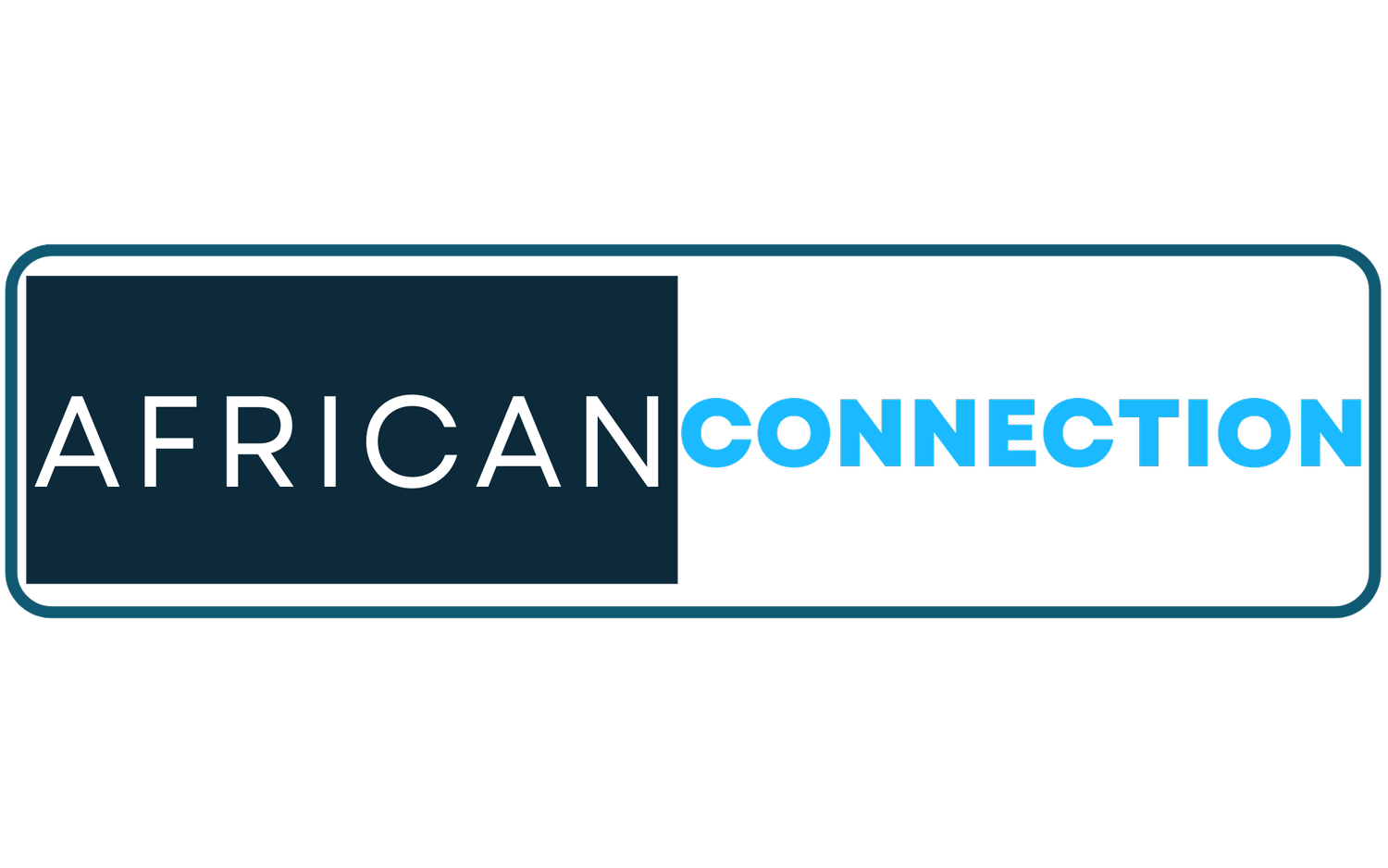Regularly updating your skills section is crucial in showcasing your evolving expertise and staying competitive in today's dynamic job market. This practice involves not only adding new skills but also strategically replacing outdated ones with more relevant ones.
When updating your skills section, it's important to distinguish between hard skills and soft skills. Hard skills are specific, job-related abilities that are often quantifiable and can be acquired through training, education, or hands-on experience. Examples of hard skills include programming languages, data analysis, graphic design, or proficiency in a particular software application. These skills are essential for performing specific tasks related to a particular job or industry.
On the other hand, soft skills, also known as interpersonal or people skills, are more intangible and encompass qualities that enable effective collaboration, communication, and adaptability. Soft skills are transferable across different roles and industries, making them valuable assets in various professional settings. Examples of soft skills include communication, teamwork, problem-solving, adaptability, and leadership.
By recognizing the distinction between hard and soft skills, you can provide a more comprehensive and targeted representation of your capabilities. This not only helps potential employers understand your technical competencies but also highlights your ability to navigate complex interpersonal dynamics and contribute positively to a work environment.
In today's rapidly evolving job landscape, the importance of staying up-to-date with the latest skills cannot be overstated. Regularly assessing and updating your skills section not only reflects your commitment to professional development but also positions you as an adaptable and forward-thinking candidate. This proactive approach can enhance your marketability, increase your chances of securing interviews, and ultimately contribute to long-term career success.


